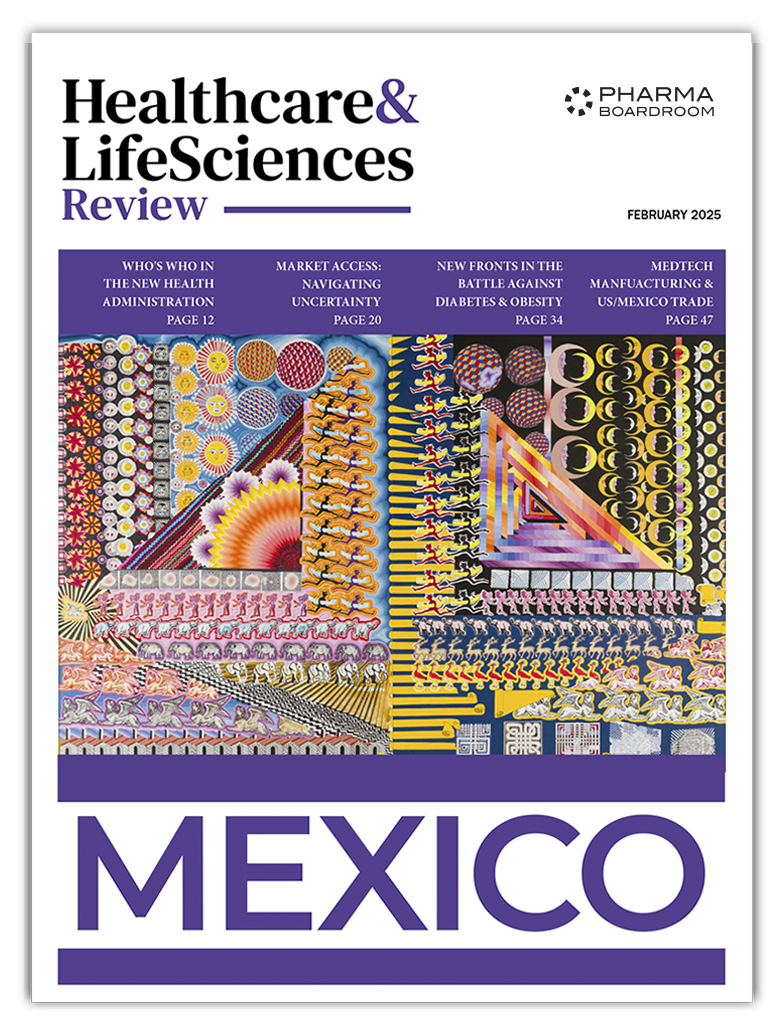Illumina has been swept into the trade conflict between the US and China. After the Trump administration declared a 10 percent tariff on Chinese goods in February, Beijing retaliated by blacklisting the American gene sequencing giant. But beyond the implications for the company, as the trade conflict continues to rage between the two nations, the biopharma industry at large stands to feel an even deeper impact.
US-China Trade Tensions Explode
Trade tensions between the US and China have intensified following Donald Trump’s announcement of hiked tariffs on Chinese goods. Shortly afterwards, the Chinese Ministry of Commerce (MOFCOM) added Illumina to its “Unreliable Entities” list. Citing breaches of market transaction rules and discriminatory practices against Chinese companies, the ban will expose the firm to potential fines and restrictions on the export of its sequencing instruments into China.
The boycott is part of a more sweeping crackdown on American businesses operating in China. On the grounds of protecting national security, Beijing has blacklisted ten other US companies and imposed harsh trade measures on a further 15.
The obstruction to its activities in China has already had a negative impact on Illumina that counts on the country for seven percent of its revenue. But beyond the consequences for the gene mapping firm, the effects of the US-China trade conflict look as though they will ripple into the life sciences industry as a whole.
Illumina Braces for Loss of USD 300 Million Business
“China plays a pivotal role [for Illumina] despite geopolitical complexities,” Jenny Zheng, Illumina’s SVP and GM of Greater China, told PharmaBoardroom late last year. The biotech firm, which generates over 60 percent of the world’s genetic sequencing data, does indeed have a strong presence in China. Deeply embedded in the Chinese ecosystem, the firm’s China footprint stems back to 2005. “In China, Illumina’s customer base spans across academia, hospitals, biotechs, and other research institutions,” said Zheng.
With seven percent of its sales coming from the country, in 2024 the genome sequencer’s revenue from China amounted to about USD 300 million. In addition, the company opened a reagent production site in greater Shanghai in 2022 and had plans to expand its Chinese manufacturing footprint in the coming years.
Illumina is already beginning to suffer the impending loss of the Chinese market. The firm’s stock prices have fallen by five percent, and Illumina has lowered its annual forecast and announced plans to cut USD 100 million in spending.
The China ban comes after Illumina finally overcame its four-year antitrust debacle over the cancer diagnostics developer Grail last year and announced a new growth strategy. The San Diego-based firm plans to pursue the strategy and to look to other markets to fill the China gap. “We remain focused on achieving high-single-digit revenue growth by 2027, while expanding our margins,” said CEO Jacob Thaysen. “We are confident in the large global market opportunity for our solutions, the strength of our business, and our strategy to continue to lead innovation in genomics and multiomics.
In China, the blacklisting of Illumina may benefit local competitors and further China’s agenda to boost home-grown biotech and genomics research. Chinese DNA sequencing companies like BGI Genomics and MGI Tech stand to recover the US firm’s market share.
(Supply) Chain Reaction
Beyond the immediate effect on Illumina and its competitors, the Trump era ramped-up trade war, like the Biden administration’s proposed Biosecure Act, stands to exert a broader influence on the biopharma industry.
For one, the excessive tariffs could disrupt supply chains by limiting access to China-sourced products, this when nearly 30 percent of the raw materials used to make major drugs come from China “Tariffs on pharmaceuticals would strain the pharmaceutical supply chain and could adversely affect American patients,” said the Healthcare Distribution Alliance (HDA) in a statement.
As a result, US drug prices, which are already high, may also rise, exacerbating access issues for patients. “As we advance toward strengthening the resilience of our biomanufacturing industry in the United States, we need as well to ensure an uninterrupted pathway to patient access to life-saving therapies,” said the president and CEO of the Biotechnology Innovation Organisation (BIO), John F. Crowley after the organization published a study revealing the industry’s dependency on China.
Cross-Border Dealmaking and R&D at Risk
Washington’s tariffs along with potential additional retaliation from Beijing, could disrupt biopharma and damage the existing bridges that are connecting the two nation’s life sciences industries and advancing innovation. China has become an increasingly important source of promising drug candidates and US pharma has in recent times power-charged dealmaking with Chinese biotechs. Johnson & Johnson has a significant partnership with Legend Biotech to co-develop the CAR T therapy Carvykti for multiple myeloma while AstraZeneca acquired the Chinese cell therapy outfit Gracell Biotechnologies. Chinese companies have also expanded their global footprint and stepped-up international licensing, particularly in the US.
R&D may also feel the brunt of the trade conflict. Not only are Illumina’s sequencing technologies widely used in research across China, research collaborations between the two nations will most likely take a big hit. “[The renewed tariffs are] prompting Chinese firms to accelerate their domestic R&D initiatives, invest in local manufacturing, and pursue strategic alliances within Asia to create a robust, regional supply network,” Liu Feng of the China Biopharma Alliance was cited as saying by BioSpectrum Asia



